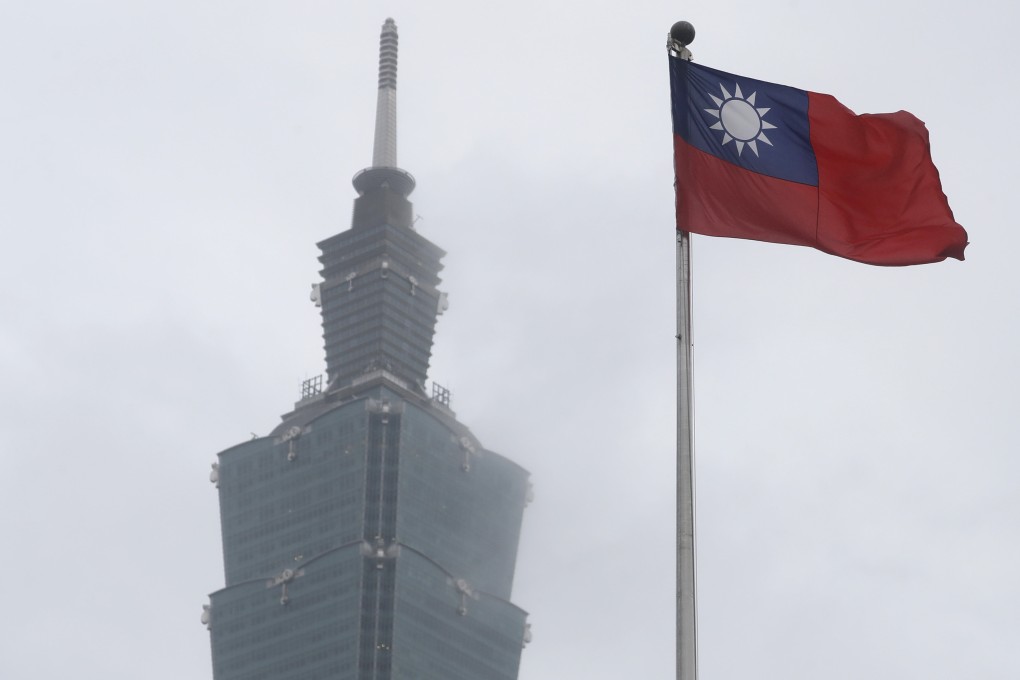Advertisement
Taiwan’s ex-leader Ma Ying-jeou vows to boycott Double Tenth event over ‘pro-independence’ logo
- Island’s former president decries slogan describing holiday as ‘Taiwan National Day’, with no mention of the Republic of China
- He also accuses ruling Democratic Progressive Party of violating constitution with name change
Reading Time:3 minutes
Why you can trust SCMP
43

Lawrence Chungin Taipei
Former Taiwanese president Ma Ying-jeou has vowed to boycott the Double Tenth public holiday over what he said was the ruling Democratic Progressive Party government’s scheme to promote independence for the island.
He also urged voters to remove the DPP government in January’s presidential election and accused the party of violating the Taiwanese constitution.
Double Tenth, celebrated on October 10, marks the start of the 1911 revolution that ended the Qing dynasty and led to the founding of the Republic of China (ROC). The event has continued to be celebrated in Taiwan since the Kuomintang, or the Nationalists, fled to the island following their defeat by the Communists in the Chinese civil war in 1949.
Advertisement
Ma’s comments came in response to the decision by the DPP government, led by President Tsai Ing-wen, to use a controversial logo featuring the words “Taiwan National Day” to mark next week’s Double Tenth holiday.
“Since when [has] our official title … been changed from the ‘Republic of China’ to ‘Taiwan’?” Ma said in a statement released by his office on Monday.
Last month, organisers of the Double Tenth celebrations revealed this year’s logo featuring two Chinese characters for the number 10 along with a slogan in Chinese: “Democratic Taiwan, resilience and sustainability”.
Advertisement
Select Voice
Choose your listening speed
Get through articles 2x faster
1.25x
250 WPM
Slow
Average
Fast
1.25x